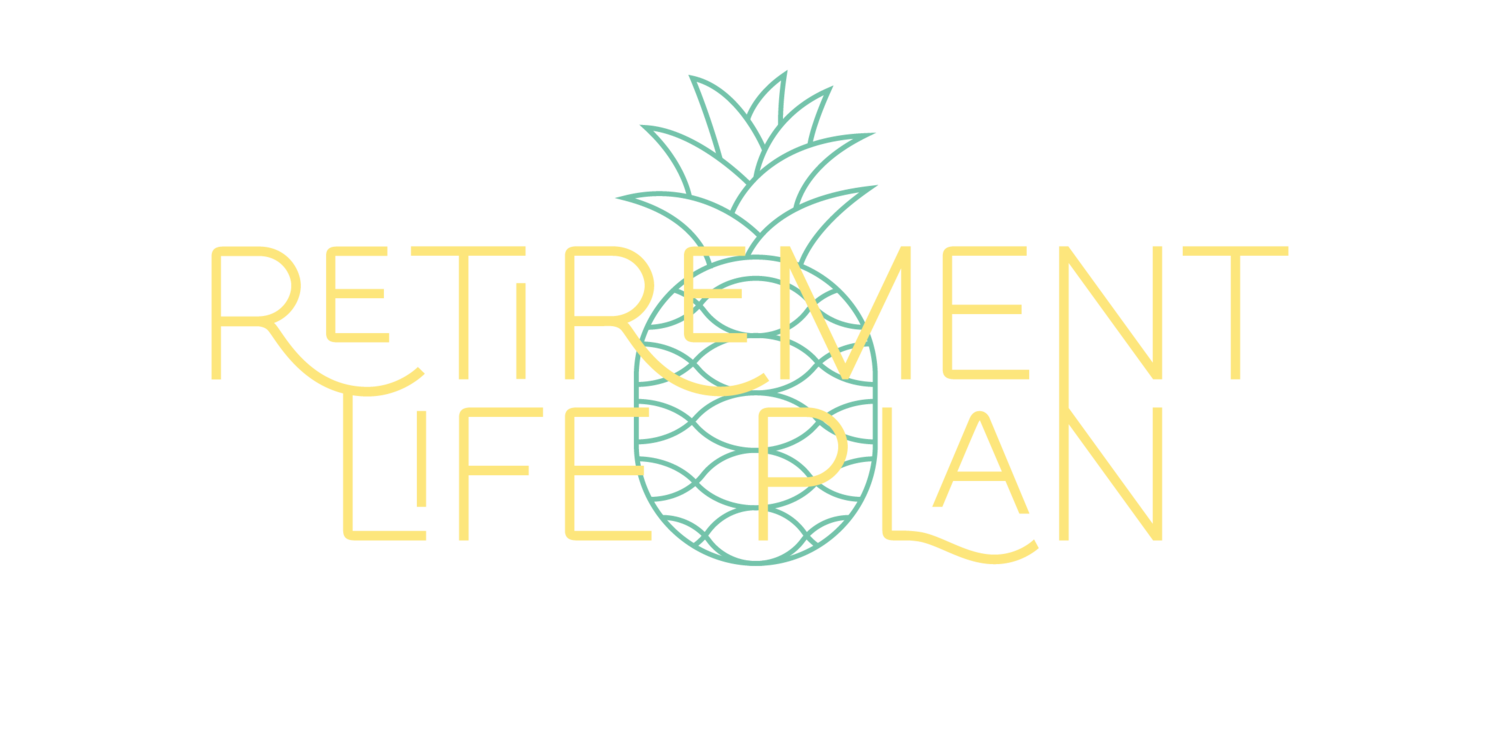Four Tips for Creating a Retirement Life Plan
A robust financial plan provides a crucial foundation for retirement, but preparing for a successful and satisfying retirement does not end there. To enjoy the years that you have worked so hard for, a retirement life plan is imperative. Think of this as scaffolding for a gratifying next chapter, which includes both financial and non-financial considerations. More importantly, it means focusing on factors that really contribute to a sense of fulfillment and engagement.
Why is a retirement life plan important?
While many people make the change and adjust well to retirement life, it is also not uncommon to really struggle with lifestyle changes. Contrary to expectations, retirement is not all about travel, sleeping in, and doing what you want, when you want. Retirees often find that they need to make adjustments in their day-to-day routines, long for more engaging and meaningful pursuits, and sometimes face more significant adjustment challenges, such as feeling like they are no longer the same person.
After so many years spent working, work usually becomes an integral part of who we are, even when we are not really thinking about it this way. Aside from a paycheck, work usually provides various other benefits for our general wellbeing (more so for some than for others): It provides a built-in network of social connections, structure and routine in our days and weeks (albeit usually too much), and for those fortunate enough, work can be incredibly engaging, meaningful, and rewarding.
So how do you prepare for the non-financial side of retirement, and create a retirement life plan that will carry you through to a fulfilling new chapter? Below are a few tips to get you started in more fully developing your plans for retirement.
1. Enjoy the honeymoon phase.
Relaxation, travel, and projects around the house are some of the things that tend to come to mind for most people when they think of retirement. These ideas reflect what we call the honeymoon phase—the early phase of retirement that includes all of the things you look forward to doing without work being in the way.
A retirement life plan helps you look beyond the honeymoon phase, to consider what you will do when you have had enough relaxation, or have finished your projects around the house. This is because many people will experience a period of letdown after an initial bout of enjoyment while embracing their newfound freedom. But a retirement life plan includes plans for the honeymoon phase, as well as a longer-term vision. So, take retirement life planning seriously AND also embrace the freedom that retirement offers.
2. Brainstorm meaningful pursuits.
People often worry about keeping busy and having enough to do in retirement. Rather than worrying about finding things to do—so that you do not end up sitting around the house—you might focus instead on finding a few meaningful and engaging pursuits.
It is not necessary to fill every hour of every day. But what we do thrive on are pursuits and involvements that are positive, inspiring, meaningful, or rewarding. With retirement life planning, this means starting with YOU—your personal preferences, values, and personal stories.
3. Consider the retiree you want to become.
With retirement, there can be a shift in how we see ourselves, and how others see us. This is because, without even thinking about it, our sense of self is tied to our day-to-day experiences, and how we spend our time. As you prepare for retirement and consider how you will spend your time in retirement, it may be useful to step back and reflect on the type of retiree you would like to become. What does retirement mean for you, and who you are as an individual? How will retirement life reflect core aspects of who you are?
4. Make note of your support network.
As with any transition, a support network can be crucial to navigating retirement well. This may include formal or informal connections, friends and family, or professionals. Who will support you with key decisions you need to make around retirement? Who will be a positive and supportive person to discuss retirement challenges with? Who will be there to help you out with any practical needs (e.g., who will help you move the couch)?
While financial planning provides a foundation for your retirement, more and more pre-retirees and financial planners are recognising the importance of looking beyond finances for a fulfilling retirement. These four considerations are just a start to more fully considering your retirement life plan.
For more information on retirement life planning, you might also want to have a look at our resources and programmes for both those in the retirement transition, and professionals who are working with them.
